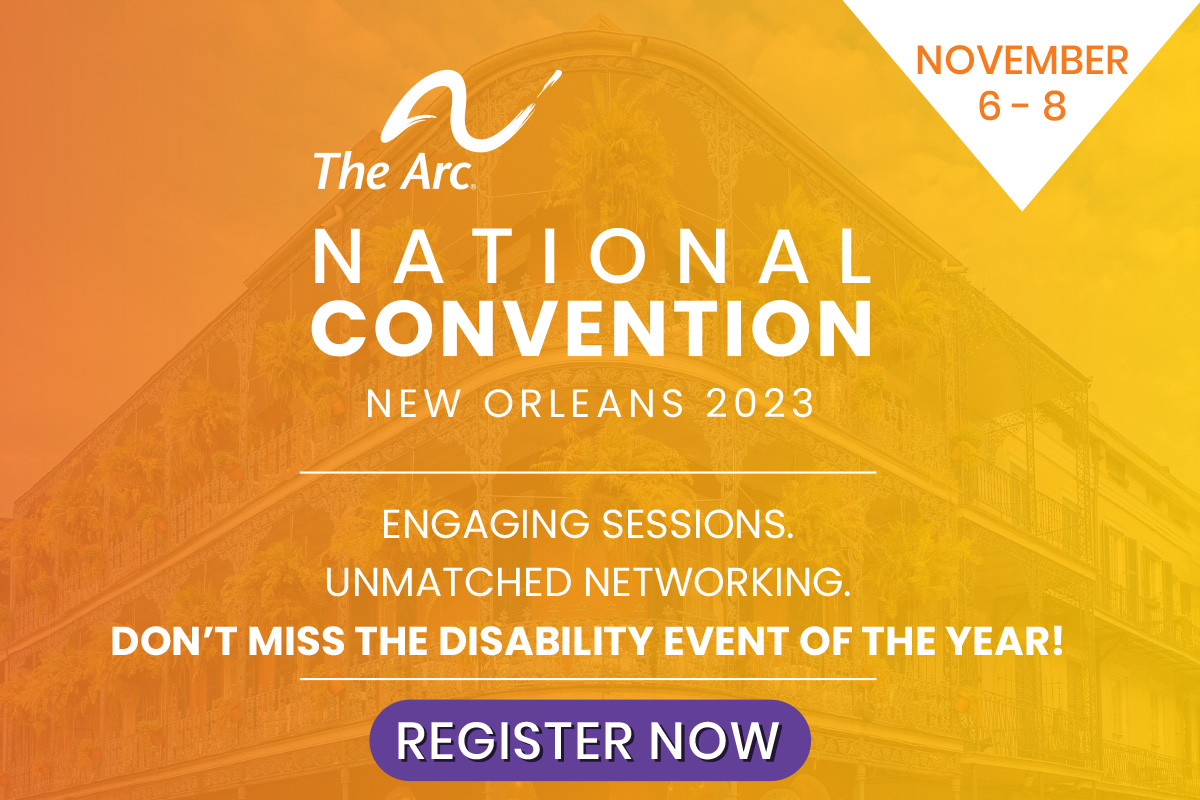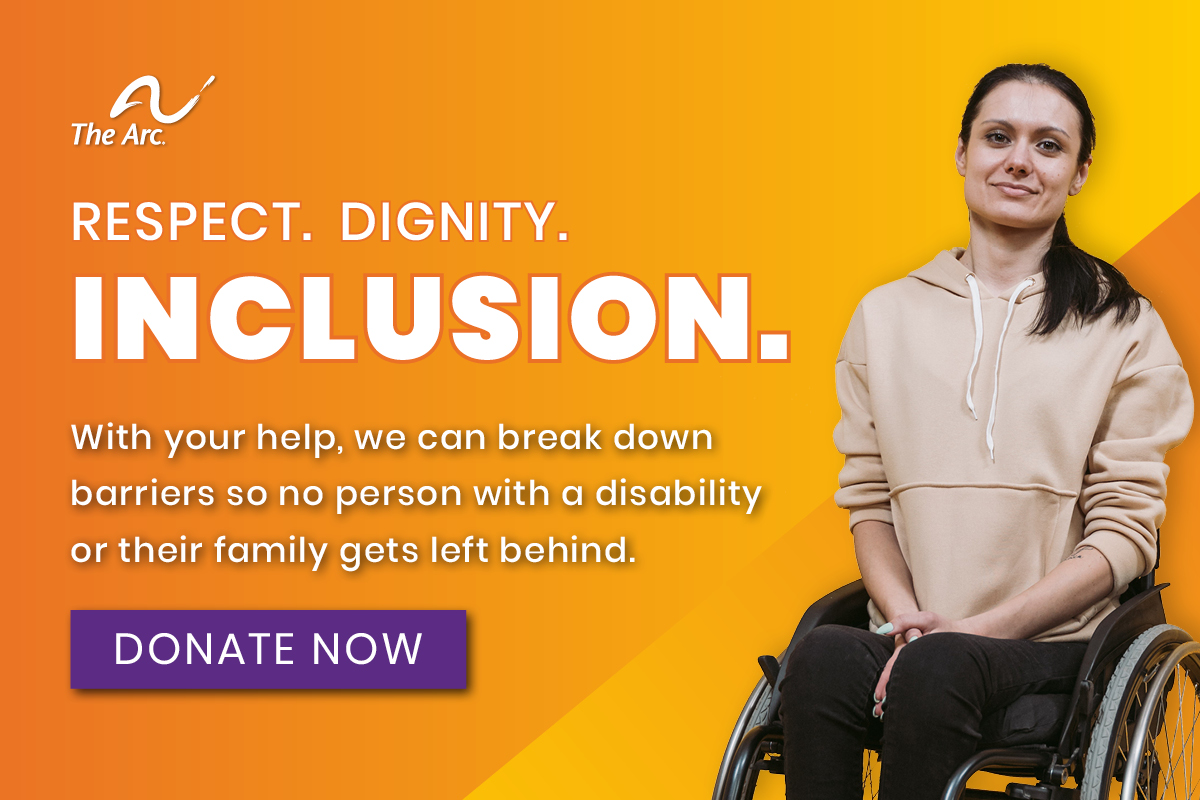Contents
- Introduction
- What is Career Planning?
- How can the job seeker learn about jobs and what his or her interests are?
Introduction
People are at different points when they find themselves in need of a job. Some know exactly what they want and how to go about getting it. Others need to learn more about their own interests and skills, or receive training before they are ready to start their job search. A person-centered approach to career planning helps the job seeker to make satisfying job choices. This involves the job seeker gathering a thorough and thoughtful summary of interests, preferences, skills and abilities, and support needs.
What is Career Planning?
Career planning is the process of understanding the job seeker’s goals and priorities as he or she looks for a job. Some priorities may be nonnegotiable – things that are very important – while others may be preferences that the job seeker would like, but that (s)he is willing to compromise depending on how appealing the overall job is.
There are many approaches to career planning. It may be simply called career planning, or discovery, or person centered planning, or by other names, but it should be a careful and systematic process that involves the job seeker and people he or she chooses to help. The job seeker might manage this process on his or her own, or may have help from an employment specialist, job developer, or facilitator. The person leading career planning should want to spend time talking with the job seeker and people who know the job seeker well; and visiting with the job seeker in places (s)he spends time. The career planning process should seek to answer questions such as:
- What is important to the job seeker in a job?
- What motivates the job seeker to work?
- What life experiences have shaped the job seeker and what (s)he offers as a worker?
- In what environment would the job seeker fit best? A large business? Working with only a few people? Busy or quiet?
- How does the job seeker learn best?
- What kind of support does the job seeker need on the job?
- What kinds of tasks does the job seeker want (and not want) to do?
- What is the job seeker’s dream job, and how can this be applied to his or her career path?
How can the job seeker learn about jobs and what his or her interests are?
Some job seekers have limited or no previous employment exposure or experience. They may not know about what opportunities exist. Gather lots of information, and research jobs or careers that are of interest. Career exploration is a way to learn about work options in order to make informed job choices.
- The job seeker should network with everyone to get ideas and make connections that could help. This can be the key to a faster and more successful job search! Networking just means talking to family, friends, and people the job seeker knows.
- Schedule informational interviews to learn about positions or work places the job seeker might like
- Volunteering, interning, and service learning are all great ways to explore career directions
- Spend time observing someone on his or her job, often referred to as job shadowing
- A situational assessment is when a job seeker gets the chance to try a job out on a short-term basis. A VR counselor or CRP may be able to arrange these types of experiences for the job seeker.
- Find a mentor in the job seeker’s area of interest who can point him or her toward the best resources and give useful tips
How can the job seeker make sure (s)he will be supported well on the job?
Once preliminary job ideas for an individual with ASD have been generated, it is important to anticipate the match between the communication, sensory, social and organizational demands of such jobs, and the needs of the individual, in order to begin projecting possible workplace supports and accommodations.
Spending time up front on a strong career plan is worthwhile, and will lead to selecting the goal to aim for in the job search.
The following two publications provide more information about what is involved in a good career planning process:
- Starting with Me: A Guide to Person-Centered Planning for Job Seekers
- More Than Just A Job: Person-Centered Career Planning (a guide for employment providers)
The Career Planning Guide: A Guide for Career Discovery, by the Missouri Planning Council for Developmental Disabilities provides easy-to-understand information, worksheets, and forms to take the job seeker and his or her support team through the career planning process.



